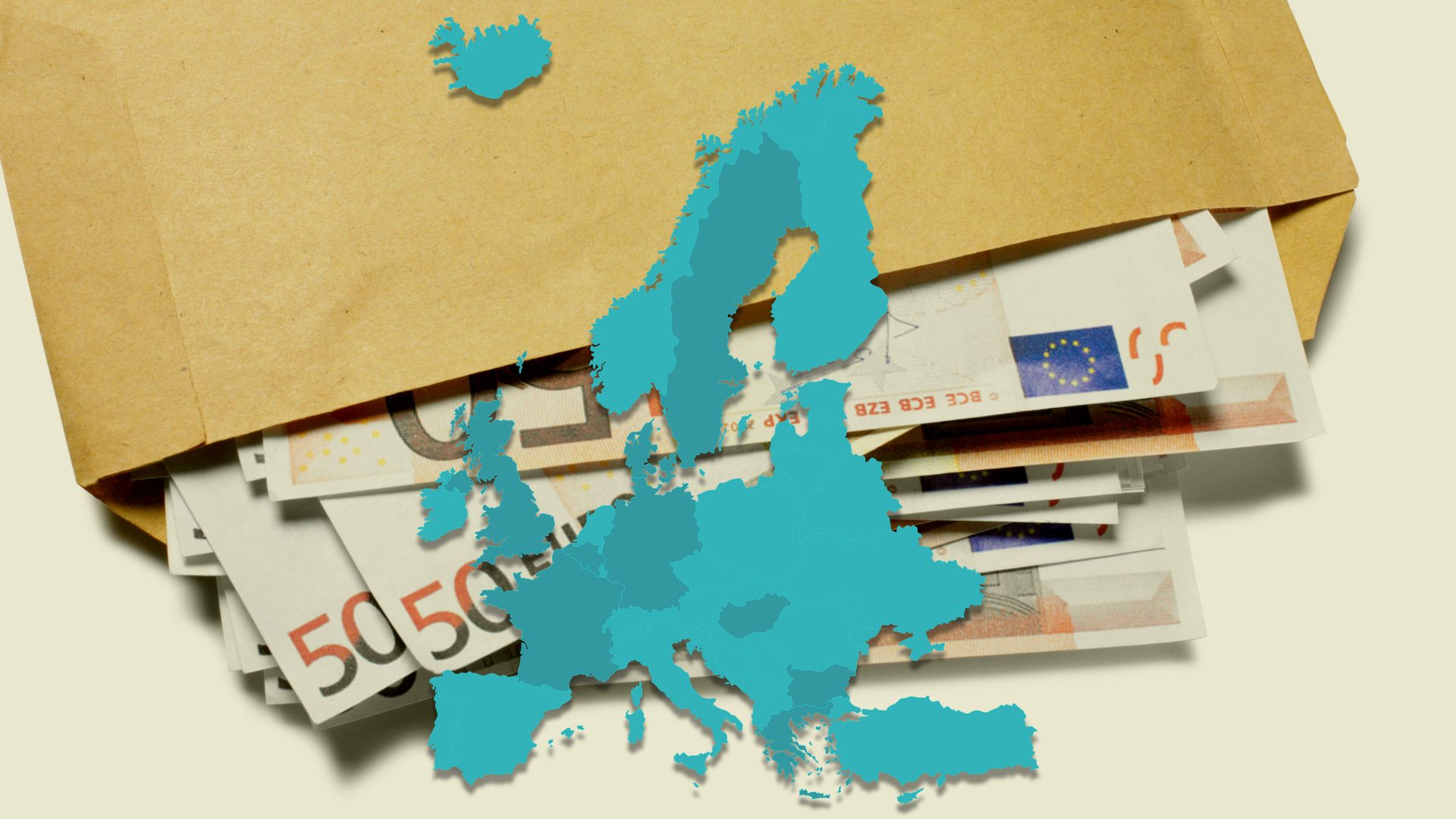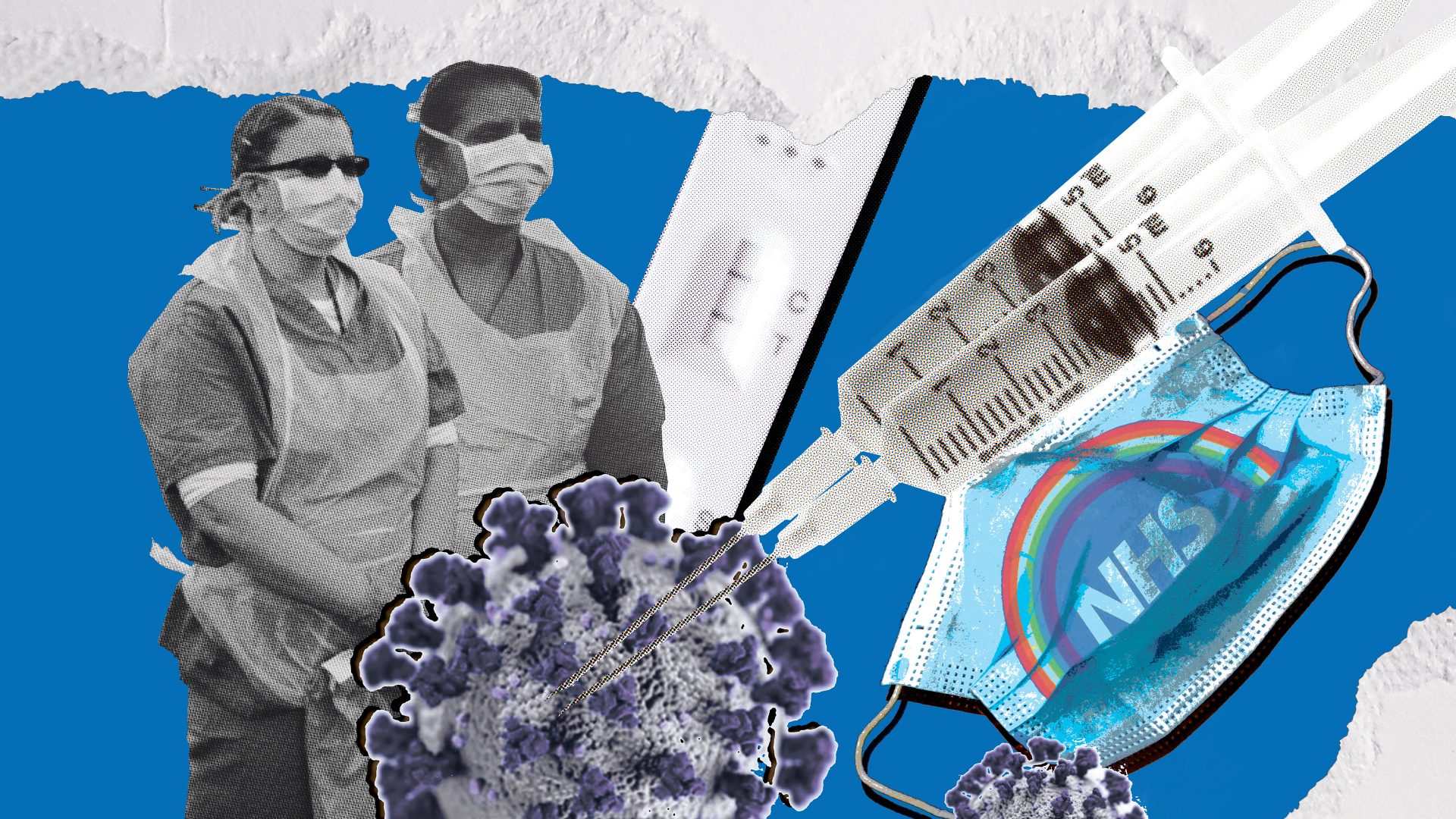UK
Transparency International has published its 2022 Corruption Perceptions Index, ranking 180 territories on a scale of zero (highly corrupt) to 100 (very clean). The UK is described as a “country to watch”, but not in a positive way, after it dropped five points to a historic low of 73. TI cited declining public trust in the government and specifically mentioned the appointment of politically connected people to senior roles during the pandemic; attacks on democratic institutions; the fact that a fifth of all Covid-19 contracts raised red flags; “systematic bias” in awarding PPE contracts; and ministerial misconduct. The Berlin-based watchdog concluded there were “woeful inadequacies” in political integrity systems in Britain.
FRANCE
Just behind the UK with a score of 72, France was rocked by last year’s Uber Files investigation, which revealed how corporations wield influence through secret and special access to decision-makers. TI also said it had concerns about weak political integrity among top public officials. EU(Brussels on the map) To the delight of disillusioned Brexiteers, the EU was engulfed in the Qatargate scandal late last year, with allegations that members of the European Parliament received bags of cash from Qatari officials in exchange for influence. The story tested the bloc’s credibility and the poison may run deep: TI also cited the case of former digital commissioner Neelie Kroes, who was implicated in the Uber Files scandal. Western Europe and the EU had an average score of 66 on the corruption index.
DENMARK
With a score of 90, Denmark was rated the world’s least corrupt country, with Finland and New Zealand close behind. The score reflects Denmark’s strong democratic institutions and regard for human rights, but TI noted that Denmark and other high-scoring Nordic nations were stagnating and had not yet addressed shortcomings in their political integrity frameworks. This was the general story across western Europe and the EU. “The region is at a crossroads. To overcome the current crises and deliver progress for the people, decision-makers need to go beyond piecemeal anti-corruption measures,” TI said.
GERMANY
With a score of 79, Germany is ninth in the overall rankings, but TI said there were still concerns about secrecy in its defence sector, warning that simplified procurement could raise risks of corruption around a new €100bn (£87.8bn) fund to revamp the military. It also zeroed in on the case of a state-backed foundation set up with the Russian energy giant Gazprom to help Moscow avoid US sanctions on the Nord Stream 2 pipeline, which Washington argued was a tool for Russia to support aggression against Ukraine. TI said the foundation was alleged to have served as Gazprom’s conduit for influencing state officials.
SWEDEN
Sweden, where the anti-immigration, populist Sweden Democrats came second in September elections, scored 83 in the CPI (down from 85 last year), but TI warned that five political parties had tried to evade party financing rules before the vote. It also said there were fears that whistleblowers in the military could be at greater risk after parliament approved a controversial new espionage law that criminalises the release of sensitive information that could damage Sweden’s relationships with its allies. This year has not started well for the PM, Ulf Kristersson, who has been criticised for hiring a top aide even though he knew the man had gone eel fishing illegally and misled the police about it in 2021.
RUSSIA
Unsurprisingly, Russia was one of the poorest performers, with a score of just 28. TI said the invasion of Ukraine was a reminder of the threat corruption and lack of accountability pose for global peace, noting the influence of kleptocrats, who amassed fortunes by pledging loyalty to Vladimir Putin in exchange for contracts and economic protection. This system of patronage has allowed Putin to do what he wants. That and the fact, perhaps, that some of his critics died last year in mysterious circumstances. HUNGARY Under the populist prime minister, Viktor Orbán, Hungary is at the bottom of the region’s rankings with a score of just 42, thanks partly to increasing evidence of how political elites are misusing state and EU funds. Last December, the European Commission said it would hold back €22bn (£19.3bn) of EU funds until Orbán, an ally of Vladimir Putin, met conditions related to judiciary independence, academic freedoms, LGBTQI rights and the asylum system.
BULGARIA
Another “country to watch”, Bulgaria scored just 43, partly because of the influence of vested corporate interests and an ongoing political crisis that began with anti-corruption protests in 2020. TI said political corruption meant free and fair elections were not possible, and warned that recent legislative amendments meant vote manipulation was more likely – a worrying development ahead of the fifth general election in two years on April 2. Announcing the date, the president, Rumen Radev, said he hoped lawmakers would use the time until then to approve legislation – mainly linked to combating high-level corruption – to unlock EU aid.
GREECE
Greece inched up the rankings to 52 (49 in 2021), but TI said there were serious concerns about the roll-back of rule of law and weak guarantees for the protection of journalists, citing, in particular, the Predatorgate scandal. Last November, media reports said state intelligence had spied on more than 30 people using Predator phone malware. The victims included journalists, opposition politicians and members of the EU. The PM, Kyriakos Mitsotakis, faced calls to resign and the government has since said it will ban the sale of spyware.



